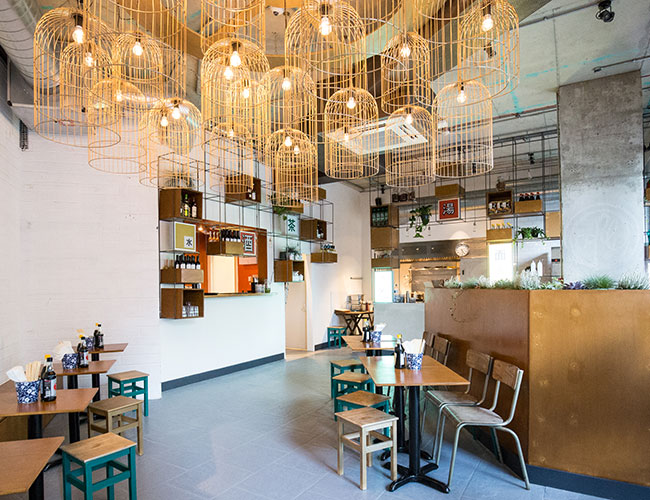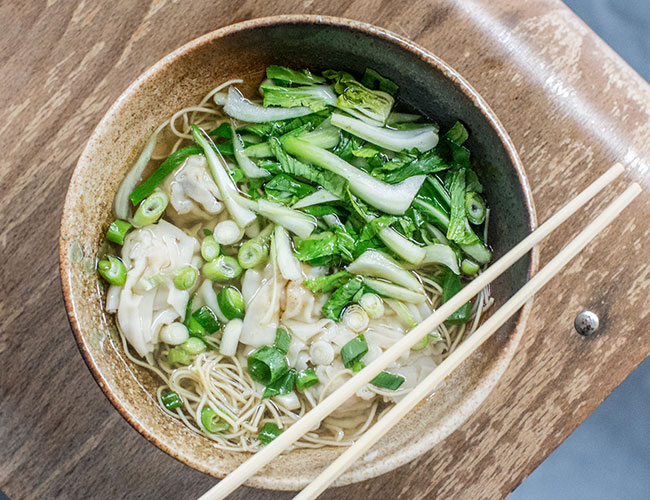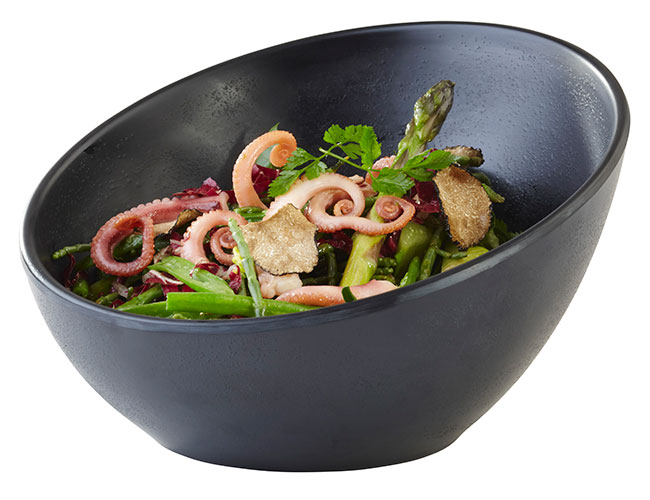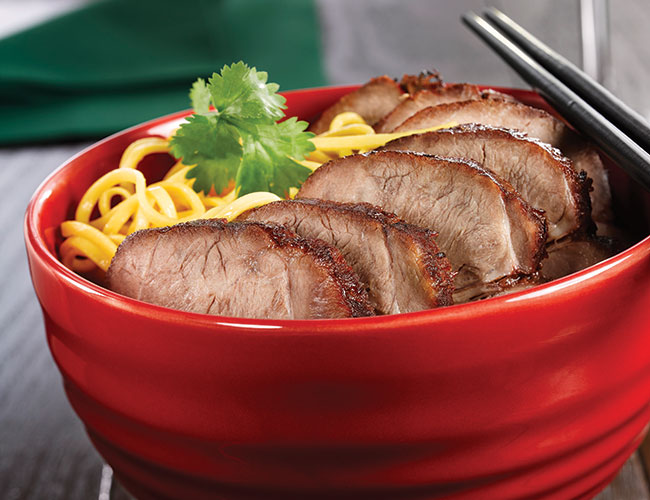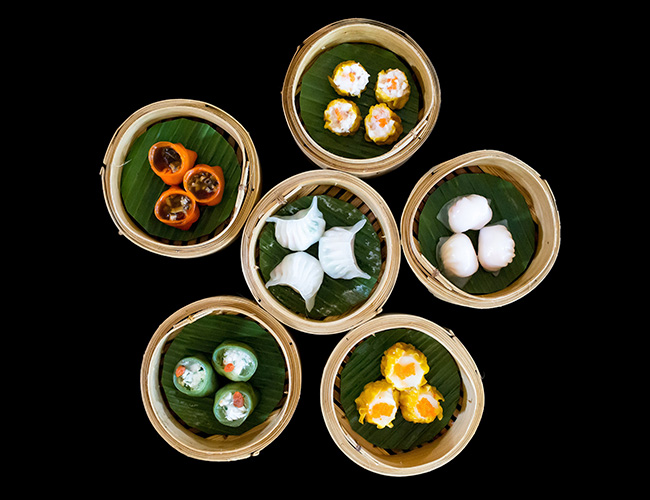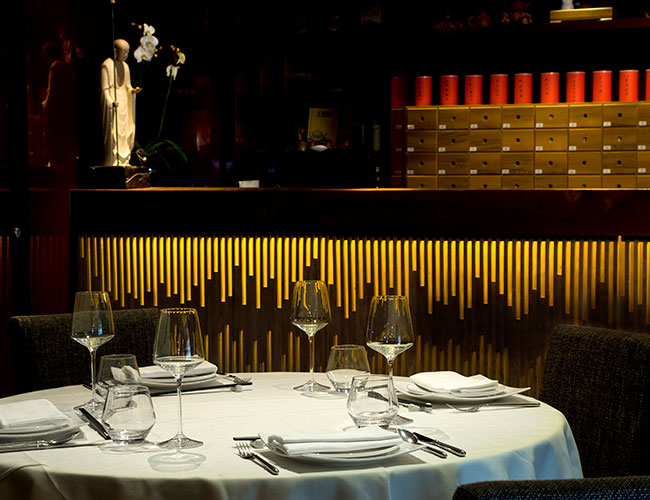How to make the most of Chinese New Year
Richard McComb
It's the perfect antidote to the January blues and the post-Christmas lull, and best of all, British consumers have an insatiable appetite for the food at the heart of the celebration. What's not to love about Chinese New Year?
Chinese New Year is dictated by the lunar cycle and falls on 28 January for 2017, and the food industry is knocking at an open door when it comes to luring diners. Chinese food is eaten by one in 10 Britons at least once a week, according to Mintel. The nation now consumes as much soy sauce as apple and mint sauce.
Brian Yip, director of Chinese food giant Wing Yip, says: "Chinese New Year is increasingly acknowledged worldwide, with many British consumers looking to enjoy the festivities and experience the traditions. This encourages consumers to open their minds, and tastebuds, to new dishes, providing operators with a platform to introduce an Oriental offering."
Yip suggests laying on one or two additional dishes to an established menu or opting for an entire Chinese-themed offering. "January is a cold and dreary month, so it's a great time to trial Oriental dishes as people look for warming, flavoursome dishes," adds Yip, whose stores sell more than 4,500 ingredients.
Wing Yip's own food research suggests restaurants are driving the boom in Oriental cuisine; Mintel found one in five Brits who have used an ethnic restaurant or takeaway say special menus celebrating cultural events are appealing. It makes a compelling argument.
Yip says: "The best strategy in trialling a new menu for Chinese New Year is to keep everything simple. Wing Yip stir-in sauces can be used to make speedy, delicious and authentic-tasting dishes, without the hassle and cost of creating equivalent flavours from scratch."
Michelin-starred HKK in London is leading the way with high-end menu innovation, introducing solar menus that change every two months. The dishes are linked to the seasons and satisfy customer demands for nutritious foods and the promotion of wellbeing.
Executive head chef Tong Chee Hwee explains: "We wanted to create something that was authentic and true to our roots, but at the same time contemporary and interesting. This relates to the ancient Chinese philosophy of yin and yang, which extends to seasonal ingredients whereby natural harmony is achieved by eating or drinking foods that are similar in nature to the environment.
"These certain foods and ingredients can have increased benefits to the body's health and spirit during the specific seasons. In winter, people prefer to select ingredients and dishes that are rich in protein and vitamins and easy to digest. In summer, it is more beneficial to eat lighter foods and avoid oily foods."
The solar menus are designed to give regular customers new and unexpected flavours. Tong says: "We have used lots of authentic Chinese ingredients that guests may be tasting for the first time, such as sea cucumber. Sea ginseng sea cucumber in broth] is a dish that challenges the Western diet. Most people either love it or hate it, but we have been really happy to see that most guests that haven't eaten it before have really enjoyed it. We are taking guests on a culinary journey."
The 'shock of the new' is balanced with familiarity, so the most popular reoccurring dish on the solar menus is HKK's signature cherry wood-roasted Peking duck.
Dish innovation is also promoted at the Royal China Group, which has six restaurants in London, including the Royal China Club. The latter is creating new dishes to mark the Year of the Rooster and general manager Mr Lok says its kitchen team will be building on its success at the Championship of Chinese Cuisine, where it won four gold medals, two silver medals and one silver cup medal for creations including a cooled gammon cube with caviar, smoked Wagyu with black garlic sauce and a poached pear in Chinese rice wine.
